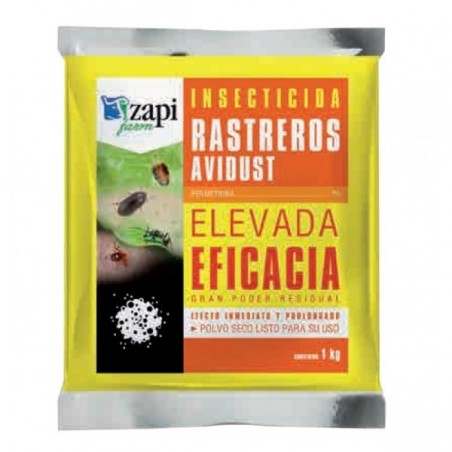Dietary lipid supplementation can reduce de novo lipogenesis and increase intramuscular fat content of pork simultaneously, while vitamin E supplementation can increase the oxidative stability of pork. The aim of the present study was to investigate the effect of dietary lipid (flaxseed oil and poultry fat) and vitamin E supplementation on growth performance, serum metabolites, and carcass traits of finisher pigs, and physical characteristics of pork. For this purpose, 96 Yorkshire pigs (54.3 ± 3.4 kg) were randomly assigned to 8 corn-SBM based finisher-1 and finisher-2 diets, formulated to contain 0, 2, 4, or 6% lipids (1% flaxseed oil + 1, 3, or 5% poultry fat) and 11 or 220 IU vitamin E/kg in a 4 × 2 factorial arrangement. Pigs were switched from finisher-1 to finisher-2 diets when the average BW reached 84.1 ± 4.0 kg. Pigs were slaughtered when they reached the target BW of 110.0 ± 3.0 kg.
There were no lipid x vitamin E interactions in growth performance. As dietary lipids increased from 0 to 6%, ADFI decreased linearly and G:F ratio improved linearly during all phases. Supplementation with 220 IU vitamin E/kg reduced the efficiency of feed, Lys, and digestible energy (DE) utilization for BW gain during the finisher-1 and overall phases. As dietary lipids increased, serum cholesterol and triglyceride concentrations increased linearly. Supplementation of the diet with lipids resulted in greater serum total protein, albumin, cholesterol, and triglyceride concentrations compared with no lipid supplementation. Belly thickness and width increased as dietary lipids increased. Vitamin E supplementation increased marbling score, but it had no clear effect on other parameters. As expected, FI decreased and feed efficiency improved progressively with increasing dietary lipid supplementation from 0 to 6%.

To conclude, supplementation with 220 IU vitamin E/kg increased carcass leanness with 6% dietary lipids, but increased carcass backfat with 0 to 4% dietary lipids. Vitamin E supplementation increased subjective marbling score, but seemed to have no clear effects on loin muscle color, ham and loin muscle pH, loin muscle characteristics, or pork belly firmness.
Huang, C., Chiba, L. I., Magee, W. E., Wang, Y., Griffing, D. A., Torres, I. M., Rodning, S. P., Bratcher, C. L., Bergen, W. G., & Spangler, E. A. (2019). Effect of flaxseed oil, animal fat, and vitamin E supplementation on growth performance, serum metabolites, and carcass characteristics of finisher pigs, and physical characteristics of pork. Livestock Science, 220, 143-151. https://doi.org/10.1016/j.livsci.2018.11.011




